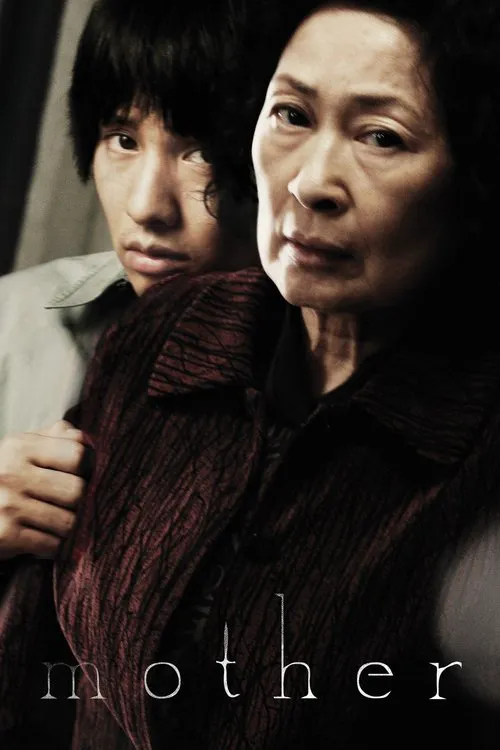Mother

Plot
The Mother, a 1999 Japanese film directed by Jun Ichikawa, is a gripping drama that revolves around the bond between a mother and her only child. The story delves into themes of maternal love, loyalty, and perseverance as the mother embarks on a quest to clear her son's name after he is falsely accused of murder. The film revolves around a quiet, seemingly ordinary household where a middle-aged mother, Maki Hirayama, and her young son, Hiro, live together. Maki dedicates herself to taking care of Hiro, often to the point of sacrificing her own desires and needs for the sake of her son. On the surface, their lives appear peaceful, but as the narrative unfolds, it is revealed that Hiro's behavior has been increasingly erratic, culminating in a tragic event. The story takes a dark turn when a 16-year-old schoolgirl, Yumi Tabei, is found brutally murdered in a public bathroom. The investigation into Yumi's death leads the police to Hiro, who is subsequently arrested and charged with her murder. Convinced of her son's innocence, Maki sets out to prove his guiltlessness, despite the overwhelming evidence that seems to point to Hiro's involvement. Undeterred by the skepticism of the police, legal professionals, and even some of her own acquaintances, Maki launches a determined investigation into Hiro's supposed crime. Her quest for the truth involves interviewing witnesses, visiting the crime scene, and scouring the neighborhood for clues. Despite the danger and potential ridicule, Maki's resolve remains unwavering, fuelled by her unwavering conviction that her son is innocent. As Maki delves deeper into the case, she encounters a complex web of relationships and motives that suggest there may be more to Yumi's murder than meets the eye. In her pursuit of the truth, Maki faces numerous challenges, from being ostracized by her community to confronting her own biases and emotions. Her journey serves as a poignant reminder that sometimes, the most profound acts of love and loyalty are not those that are visible to the world, but rather those that take place in the quietest, most intimate moments between a parent and child. One of the most striking aspects of The Mother is its nuanced portrayal of the human spirit in the face of adversity. Maki's transformation from a reclusive, submissive mother to a confident, self-assured advocate is captivating, and her unwavering commitment to Hiro's cause is heart-wrenching. Ichikawa's direction brings a unique subtlety to the film, eschewing sensationalism in favor of understated, yet piercing, drama. Through Maki's plight, The Mother raises important questions about justice, morality, and the reliability of human perception. As the investigation unfolds, it becomes increasingly clear that nothing is as it seems, and the truth is far more complex than initially thought. The film challenges its viewers to reconsider their assumptions and empathy, inviting them to walk a mile in Maki's shoes. Ultimately, The Mother is a thought-provoking film that defies easy categorization. It is a mystery, a thriller, a drama, and a testament to the transformative power of maternal love. The movie is a testament to the enduring bond between a mother and child, even in the face of unimaginable adversity. Through its powerful story and unforgettable performances, The Mother remains an unforgettable cinematic experience that will stay with viewers long after the credits roll.
Reviews
Recommendations




